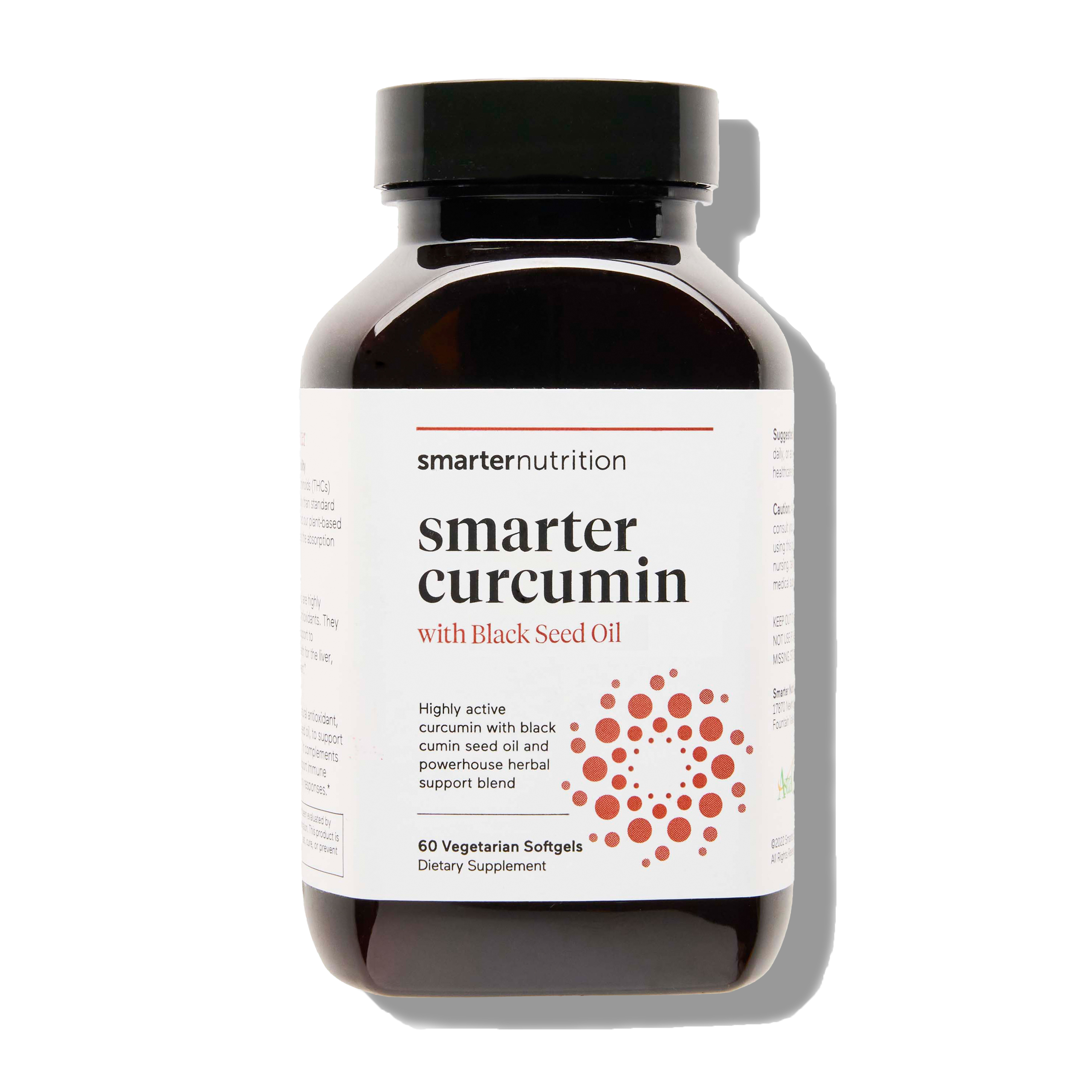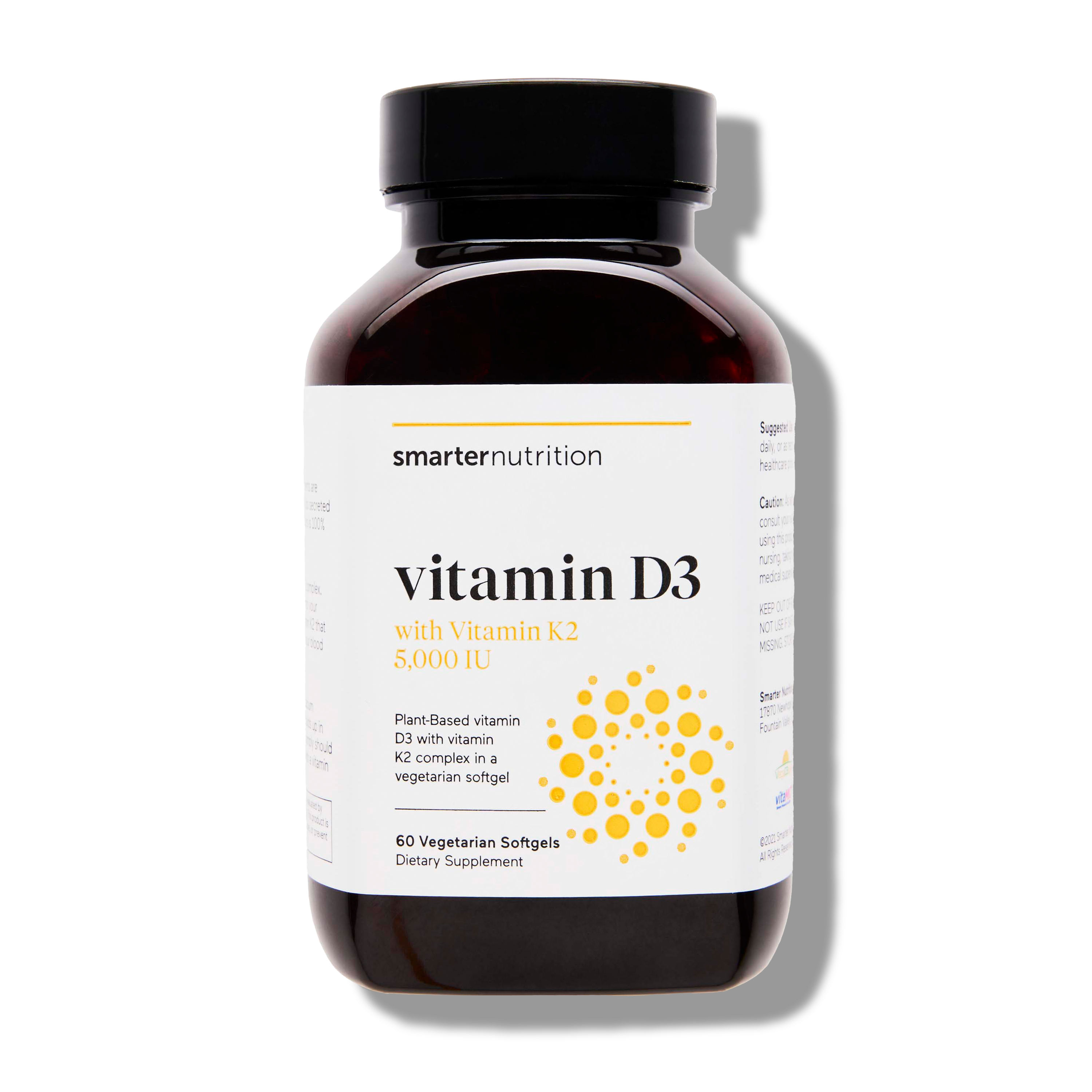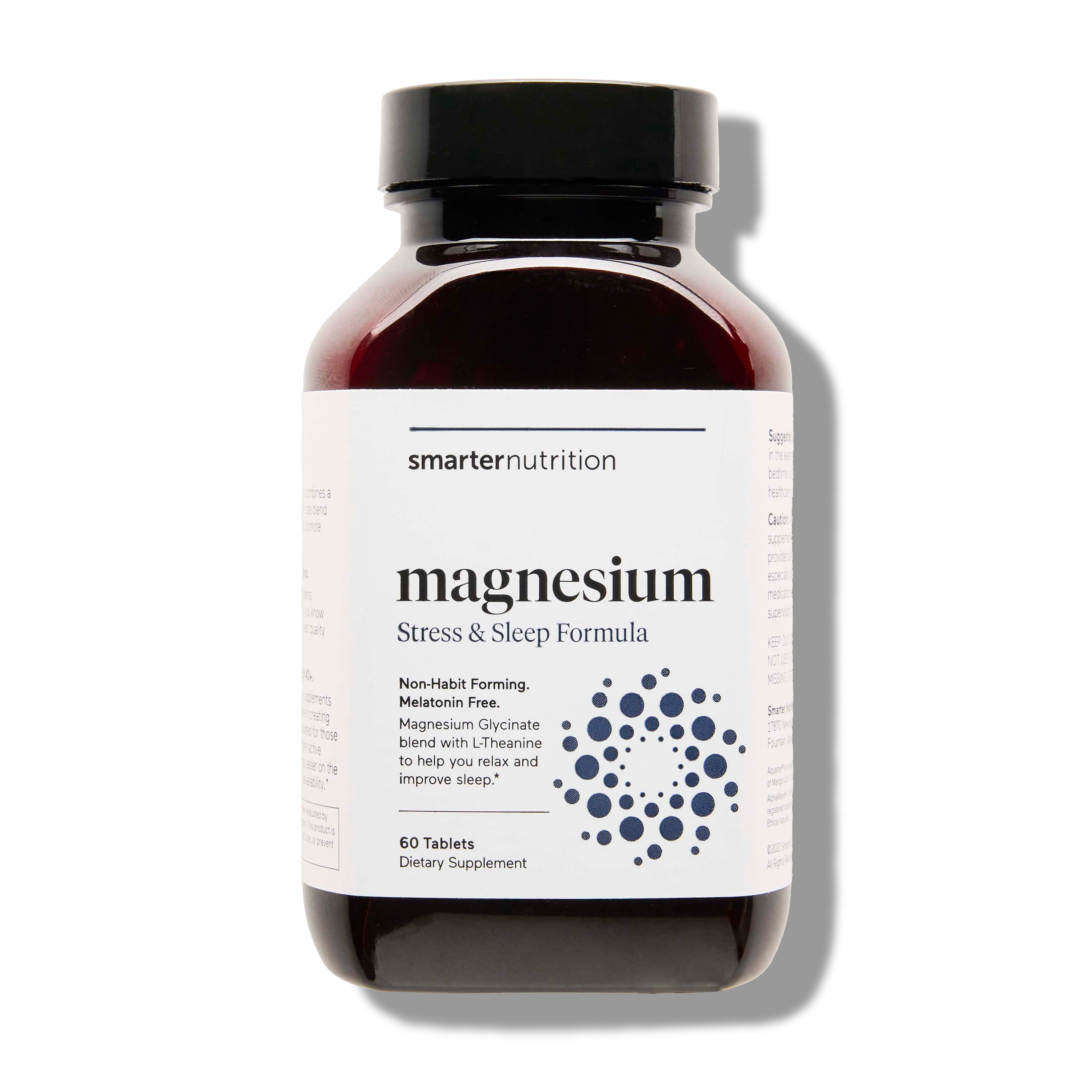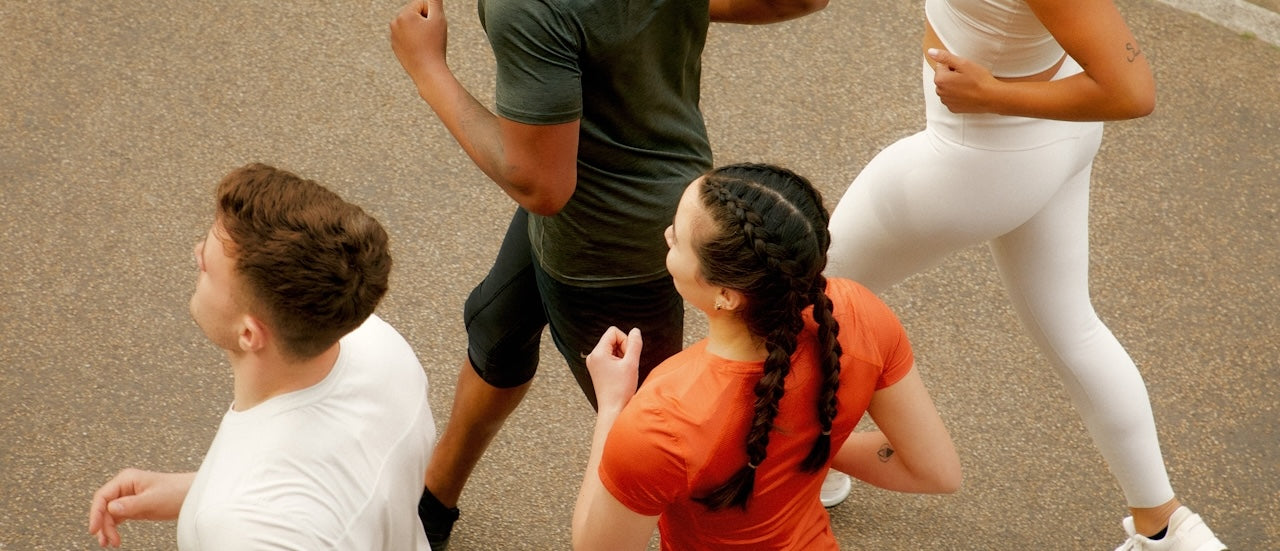Why You Should Stop Taking NSAIDs After Running
Running is a great form of exercise for the body and mind, but as we age, we start to experience side effects we didn’t previously. When you run regularly, the repetitive impactful movements can cause our joints, ligaments, tendons, and muscles to experience more aches and soreness afterward.
When soreness creeps in, many runners reach for non-steroidal anti-inflammatory drugs (NSAIDs) like ibuprofen to alleviate their pain and help them recover more quickly. If their aches and pains are ailing them regularly, their consumption of NSAIDs would be much more than a person who uses them for the occasional headache. Although NSAIDs are sold over the counter, are they a safe and effective form of regular athletic pain relief?
Risks of NSAIDs Before and After Exercise
Although many people reach for NSAIDs to improve their performance or prevent soreness, current research doesn’t support the idea, and these drugs could actually cause further damage.
- Stomach Issues: NSAIDs prevent the body from naturally making substances that help protect the stomach lining, regulate blood pressure, and mediate pain and inflammation. As a result, long-term use of NSAIDs increases your risk for stomach irritations and gastrointestinal bleeding.
- Risk of Injury: Researchers have found very little benefit of taking NSAIDs for athletic performance and believe while it may mask pain, it can increase the chances of incurring an injury.
- Inflammation: Ironically, one study of runners in a 100-mile Western States trail running race found that using Ibuprofen before their race did not affect their performance, muscle damage or perceived soreness, but it was associated with elevated indicators of inflammation and cell damage.
- Kidney Function: According to the National Kidney Foundation, long-term use of some NSAIDs can cause chronic kidney disease and may increase your risk of sudden kidney failure and even progressive kidney damage.
How Curcumin Can Help
Rather than taking NSAIDs, there is a natural compound called curcumin, found in turmeric root, that can help support normal inflammation processes without the risks. Thanks to its antioxidant properties, curcumin has been used for years in traditional Chinese and Ayurvedic medicines.
Muscle Health
A double-blind randomized-controlled crossover trial of 17 men sought to estimate the curcumin’s effectiveness for limb pain, muscle swelling, single-leg jump height, and serum markers of muscle damage and inflammation. Researchers found that oral curcumin is effective for muscle wellness and a healthy iinflammation response and some evidence for enhanced recovery of muscle performance.
Normal Inflammatory Response
Researchers have found that curcumin promotes a healthy inflammation response and may help immune system responses.
Supplementing Smarter, Not Harder
- 1. Tetrahydrocurcuminoids: Smarter Curcumin is formulated with 95% tetrahydrocurcuminoids, which are ultra-isolated curcuminoid extracts. Many other brands only offer a minuscule amount of active curcuminoids or they have very low bioavailability and aren’t able to be absorbed into the bloodstream in large enough amounts to have any effect on the body.
- 2. Black Cumin Seed Oil: Curcumin is a fat-soluble nutrient, meaning it needs to be ingested with a fat source in order to be absorbed into the bloodstream and used by the body. While coconut oil or extra virgin olive oil do the job, Smarter Nutrition chose black cumin seed oil because in addition to making curcumin more bioavailable, it is full of powerhouse omega fatty acids that provide even more antioxidants and support for normal inflammatory responses.
- 3. AstraGin®: AstraGin is a natural proprietary combination of the herbs Panax notoginseng and Astragalus membranaceus that increases the absorption of many vital nutrients. AstraGin has been specifically proven to increase the absorption of curcumin by 92%.
Additional Ways to Support Your Knees
- Improve Your Running Form: Aches and pains can be caused by over-striding, low cadence, and striking the ground with your heel. Instead, work on increasing your cadence with quick steps and intentionally land on the middle of your foot.
- Change Running Surfaces: What’s under your feet can directly impact your joints. While running on asphalt or cement can be harder on your knees, experts suggest grass, dirt and even the treadmill as a better alternative.
- Get New Shoes: A running store can assess your gait to suggest the right cushion level, arch support, and width for your foot. Most running coaches suggest replacing your shoes every 300 to 400 miles or when you notice a lack of springiness or are experiencing more aches and pains.
- Stretch Regularly: Stretching and strengthening the lower body may help improve the range of motion and flexibility in the knee joint and prevent injury, according to the American Academy of Orthopaedic Surgeons.
Sources:
-
Jaspan, Rebecca. “Is Running Bad for Your Knees?” Very Well Fit. 2022.
https://www.verywellfit.com/running-and-aging-knees-2223771https://www.verywellfit.com/running-and-aging-knees-2223771 -
Quinn, Elizabeth. “Do Ibuprofen and NSAIDs Affect Athletic Performance?” Very Well Fit. 2020.
https://www.verywellfit.com/risks-of-ibuprofen-before-athletic-exercise-3120492 -
National Kidney Association. “Pain Medicines (Analgesics).”
https://www.kidney.org/atoz/content/painmeds_analgesics -
Nicol, Lesley M et al. “Curcumin supplementation likely attenuates delayed onset muscle soreness (DOMS).” European journal of applied physiology vol. 115,8 (2015): 1769-77. doi:10.1007/s00421-015-3152-6
https://pubmed.ncbi.nlm.nih.gov/25795285/ -
Daily, James W et al. “Efficacy of Turmeric Extracts and Curcumin for Alleviating the Symptoms of Joint Arthritis: A Systematic Review and Meta-Analysis of Randomized Clinical Trials.” Journal of medicinal food vol. 19,8 (2016): 717-29. doi:10.1089/jmf.2016.3705
https://www.ncbi.nlm.nih.gov/pmc/articles/PMC5003001/ -
Beaty, Josh. “The Effects of AstraGin on Protein Absorption and Synthesis in Muscles.” NuLivScience. 2017.
https://nulivscience.com/astragin-protein-absorption/




